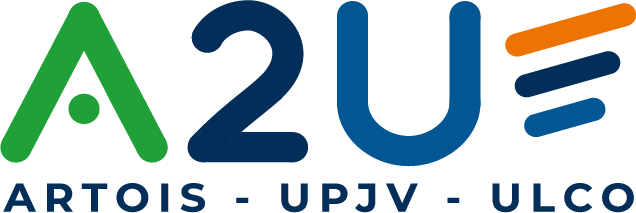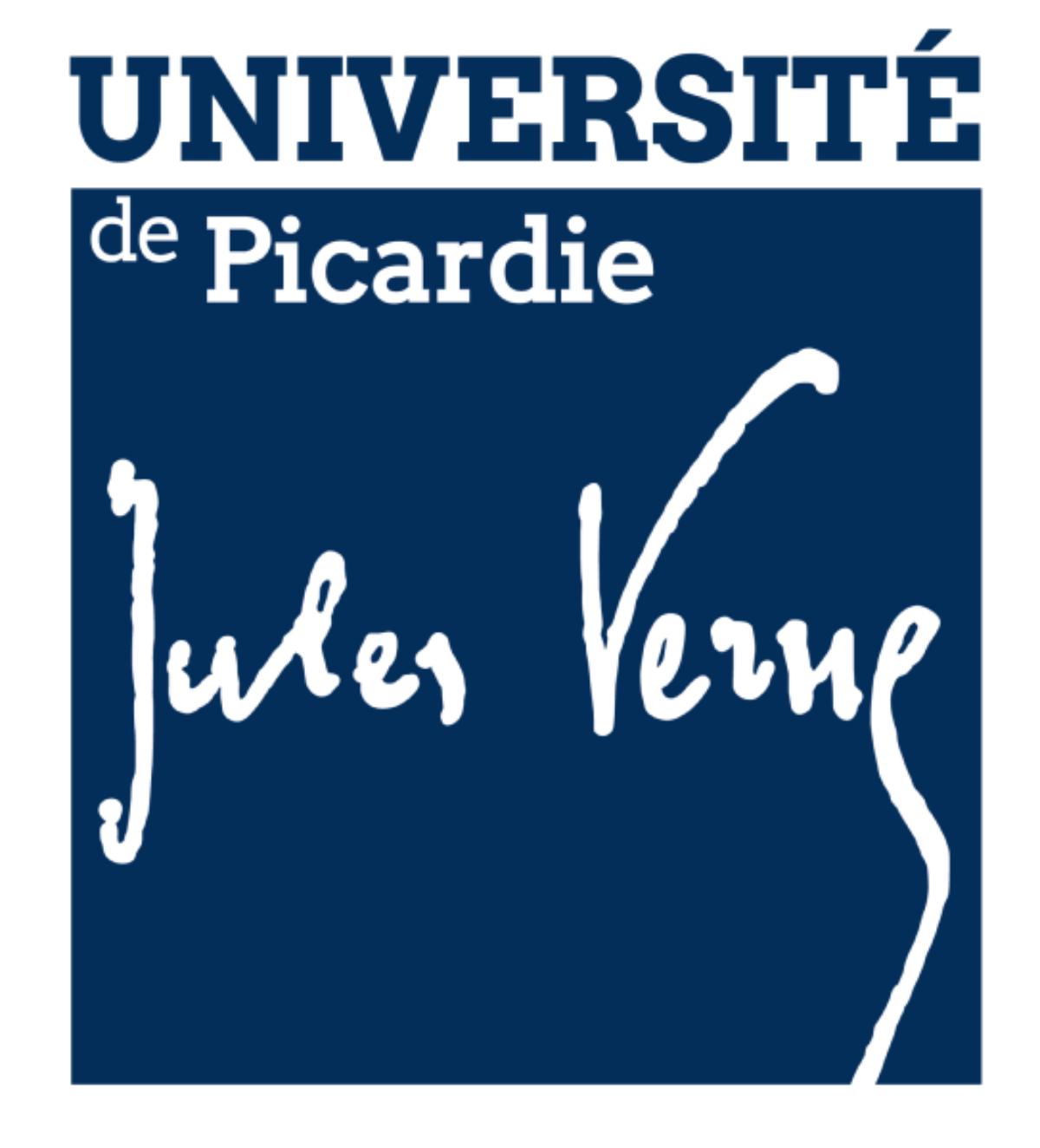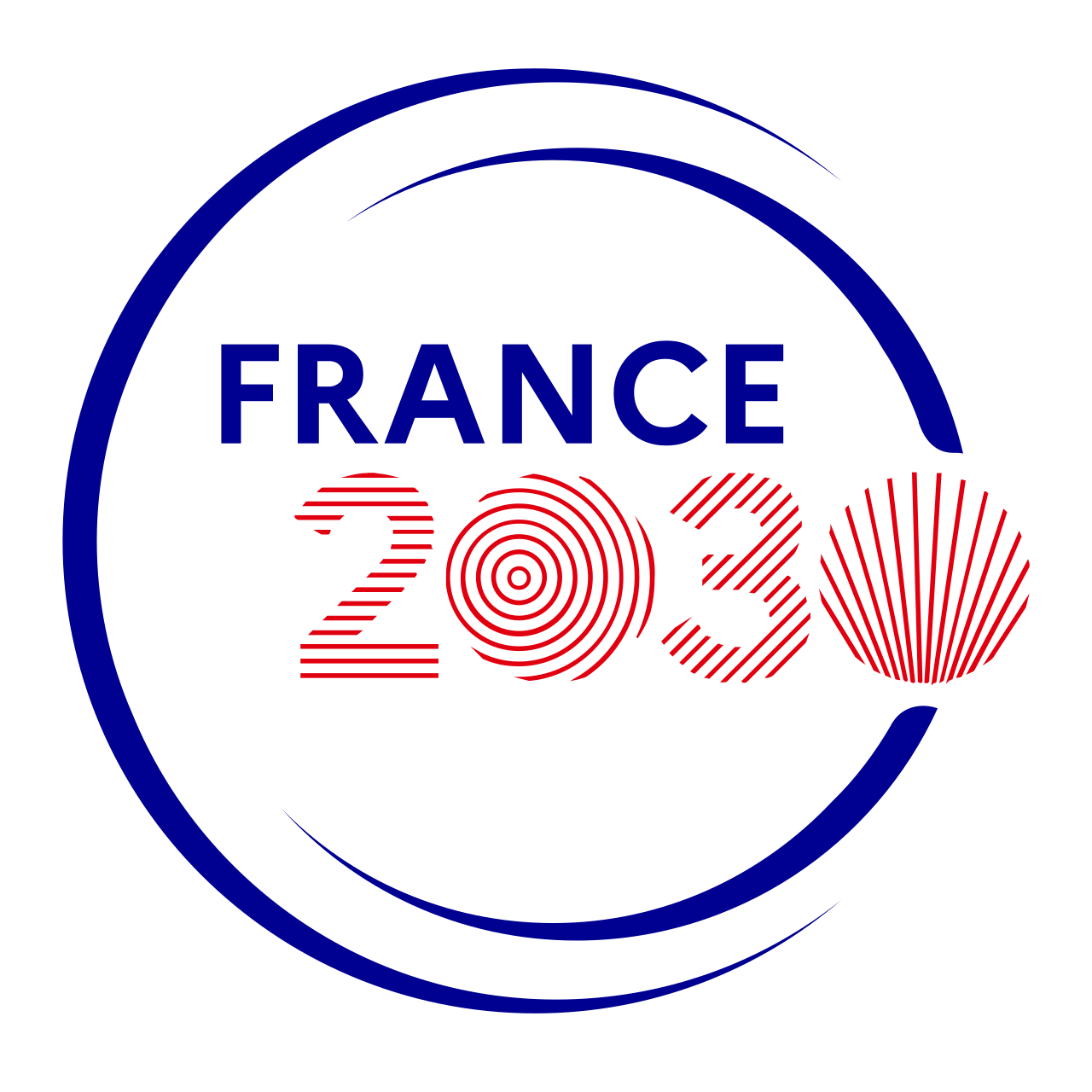Description
Artificial Intelligence (AI) appears as a major technological revolution of the 21st century, driven by the emergence of Big Data and the rise of Machine Learning. The spectacular development of AI and related technologies raise many challenges and opportunities for research but also for the economy, employment and more generally for the society as a whole. Recent studies show the challenge in terms of sustainability posed by digital developments and AI in particular. Therefore, AI must become acceptable and useful for the entire society, as stressed as a key objective in the 2018 report by C. Villani. The growing societal need for a human-centered and acceptable AI, and its huge impact on many fields, offers the A2U alliance an outstanding opportunity of developing a strongly integrated, joint project.
The A2U alliance, created by a territorial coordination agreement in 2021, brings together three multidisciplinary universities (UArtois, ULCO and UPJV) that have developed strong links with their socio-economic environment. The A2U research activity stands out at the best international level in the domains of AI, Health, Chemistry and Environment, the last three fields being more and more permeated by AI. With this project called MAIA (Mastering AI Applications), A2U aims to develop original and generic research solutions to push forward formal explainability and societal acceptability of AI with a focus on three important domains for the Hauts- de-France (HdF) region: Health, Chemistry and Environment. The reflexive and analytical dimensions on the societal impacts of AI will be fed by the A2U skills in Humanities. Based on 5 research axes strongly interconnected at the AI interfaces, MAIA will have a strong leverage effect. Indeed, it will have a major impact on the research activities conducted in the labs participating in MAIA, and consequently a strong structuring effect on the A2U alliance itself. Our ambition is to further strengthen the excellence and attractiveness of our research and teaching in the field of AI and its applications, as an interdisciplinary flagship theme of A2U.
In France, and notably in HdF region, there is a lack of teaching structures offering an integrated approach to AI and its uses, enabling professionals to grasp the discipline and non-IT (Information Technology) students to integrate it into their training in a multidisciplinary perspective. This is notably shown in a recent study from Medef Lille Métropole, estimating that the need for AI-linked hiring in HdF region will exceed the current regional training offer as soon as 2023. In light of this, MAIA aims to create a graduate school, whose main purpose is to widely open up AI training to both company employees and students (whatever their initial backgrounds) within the three universities of A2U by offering different routes to AI studies; thus, substantially increasing the number of students trained in AI, and consequently meeting the current and future needs of the working world. Before the end of the project, every year, around 500 people will get a certification, a master degree or a PhD degree.
MAIA will be an open campus dedicated to mastering AI applications, a major challenge for our socio-economic environment and a strategic priority of A2U. MAIA will rely on recognized strengths (e.g., AI chairs, IUF members, EurAI Fellows, ERC holder, etc.) and scientific cooper- ation with world leaders in Health (robotics-assisted surgery), Chemistry (Roquette and ACC), and Environment (European Research Infrastructures). As built in connection with a large part of HdF territories and actors, MAIA will be strongly territory-anchored. Nonetheless, MAIA will also significantly reinforce A2U cooperation with European universities and institutes, thus establishing a stronger network to support research and training. Finally, an important chapter in MAIA concerns Science with and for Society, including open data, and the construction of shared corpora.





